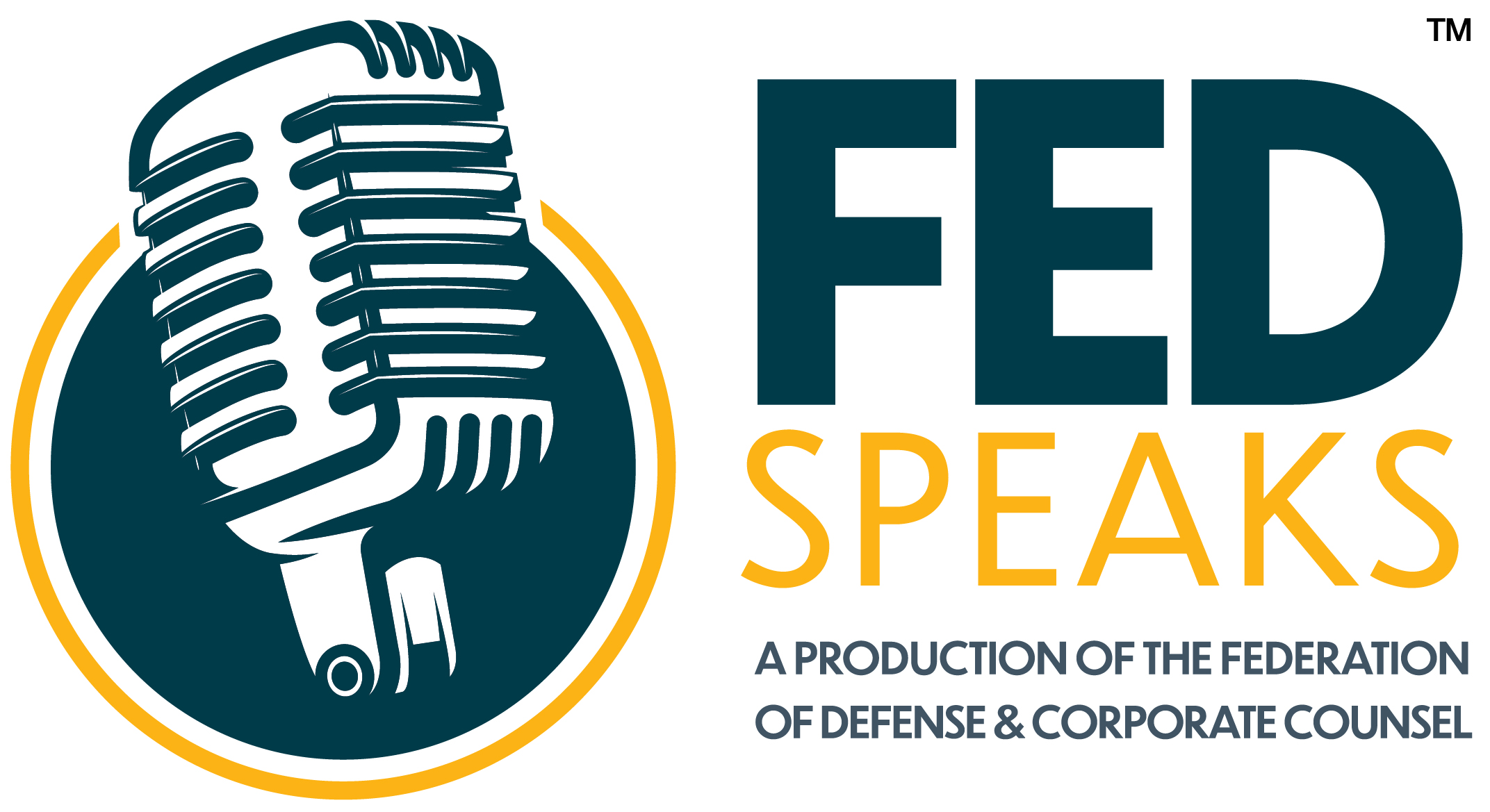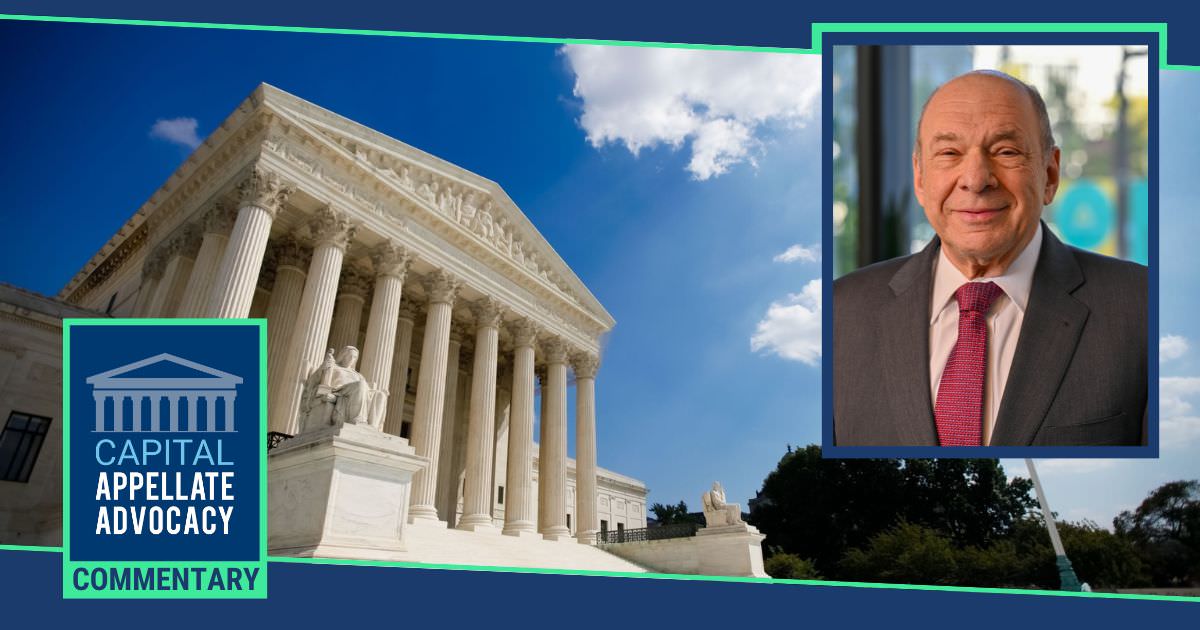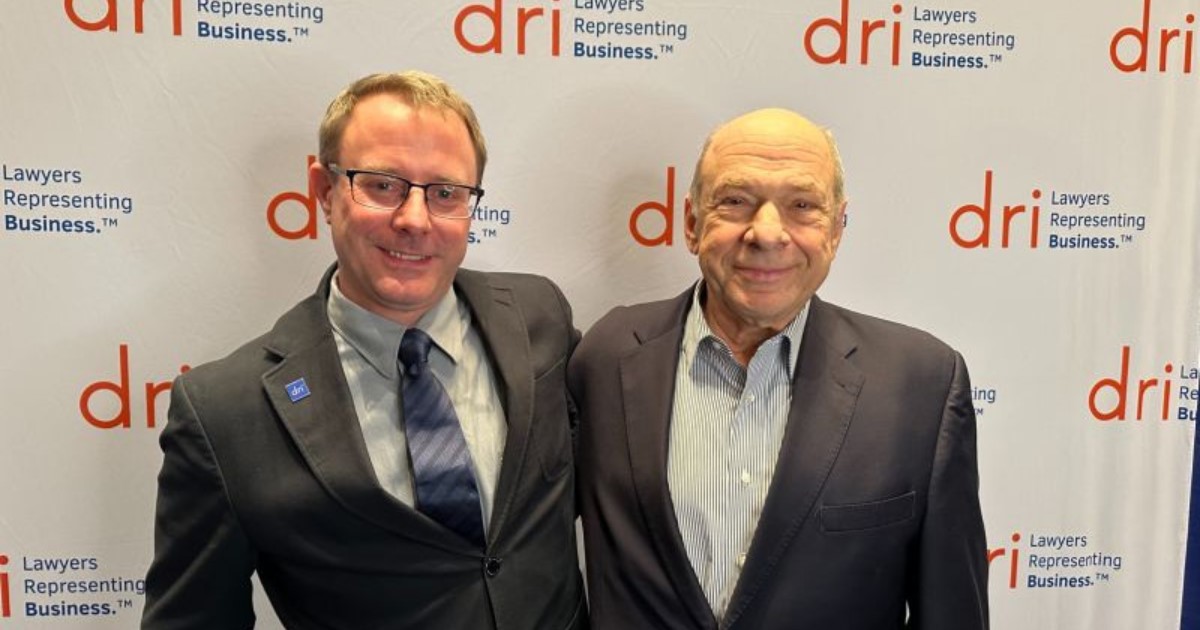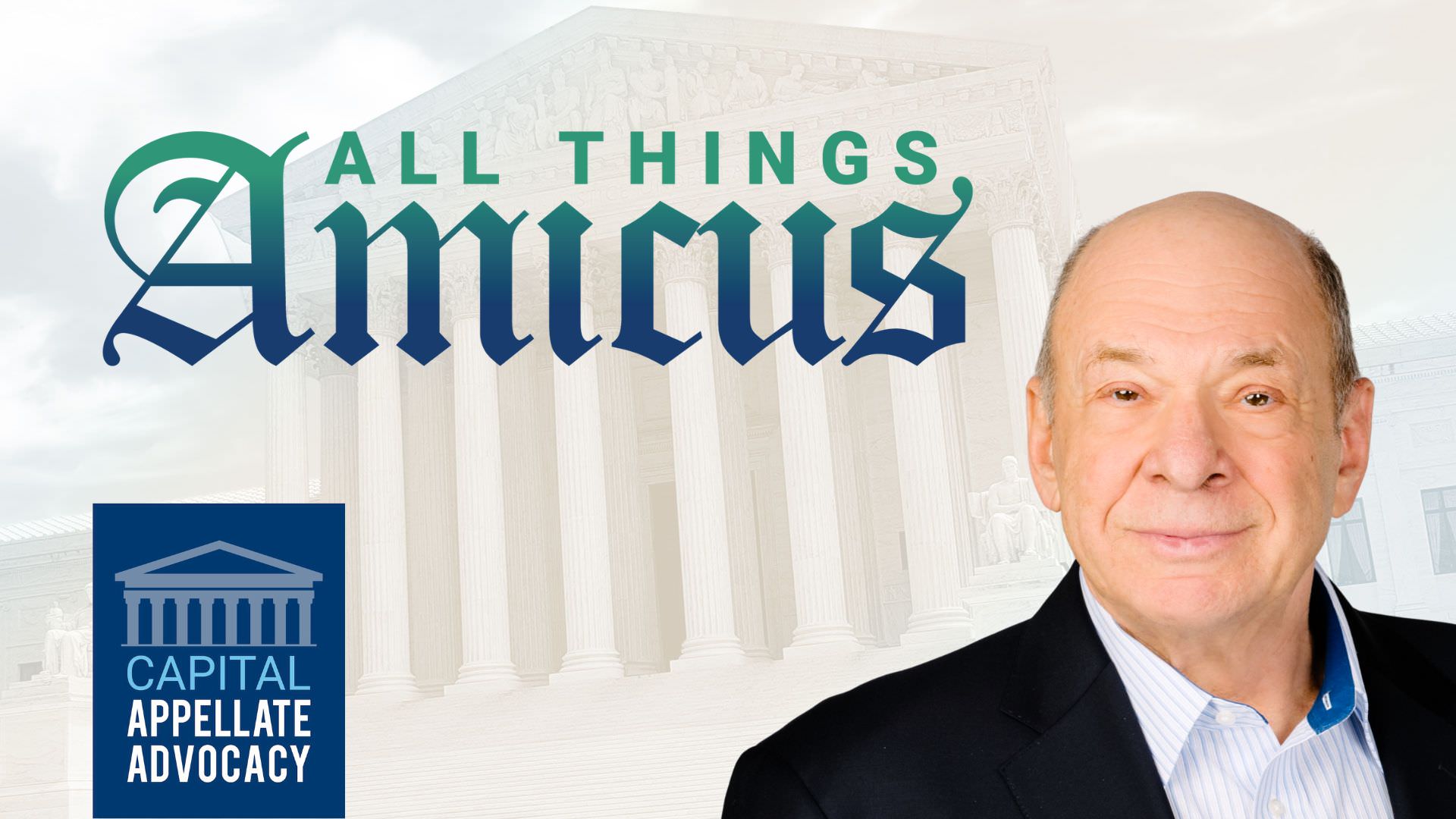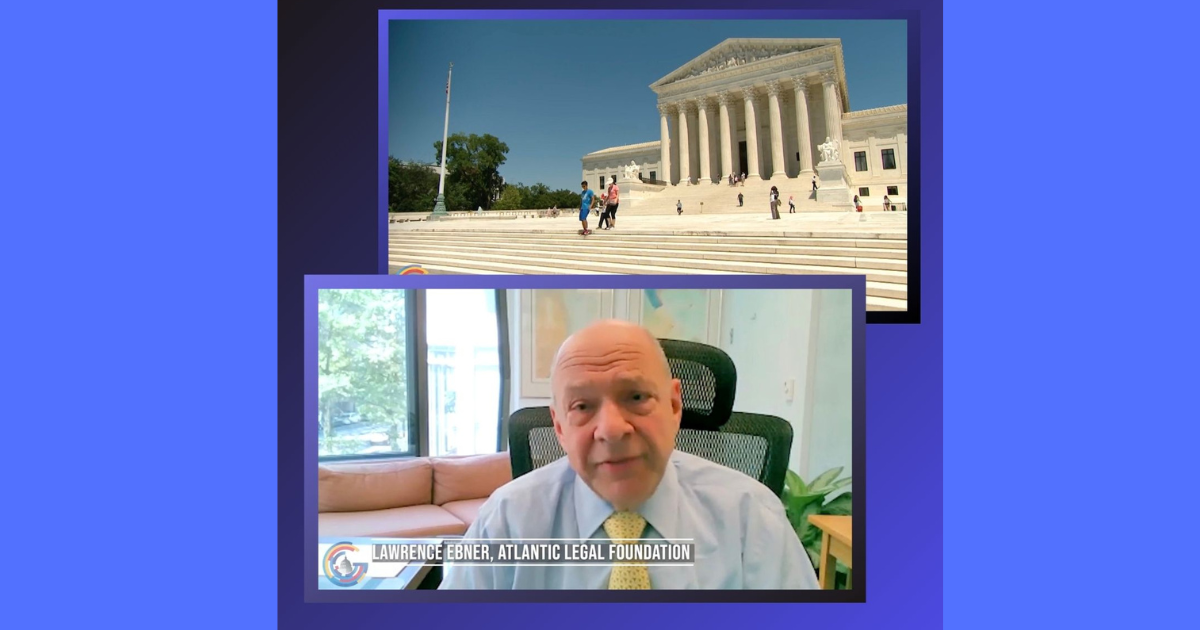FDCC Speaks: Get Out Of Your Practice – Podcast Interview of Larry Ebner
The Federation of Defense & Corporate Counsel‘s “FDCC Speaks” Podcast Channel provides a series podcasts of “relevant, substantive information and interviews with thought leaders and experts” from among the organization’s membership. FDCC defense counsel member Jennifer Hoffman has been conducting a series of podcasts titled “Get Out of Your Practice,” which asks FDCC members about […]
FDCC Speaks: Get Out Of Your Practice – Podcast Interview of Larry Ebner Read More »

